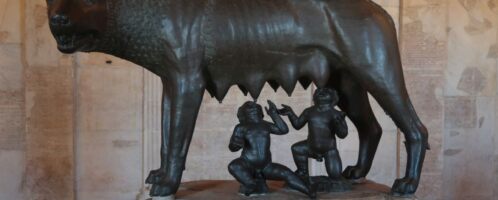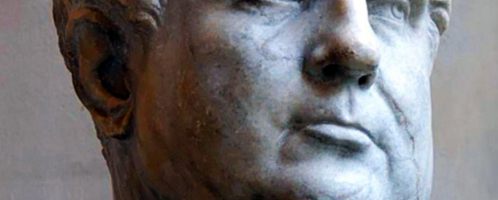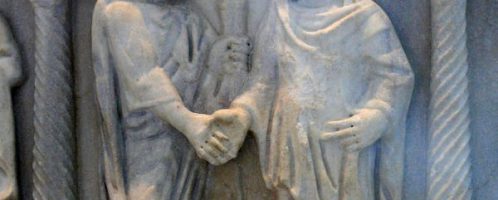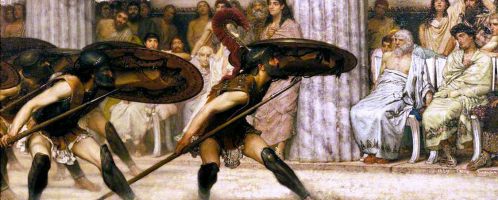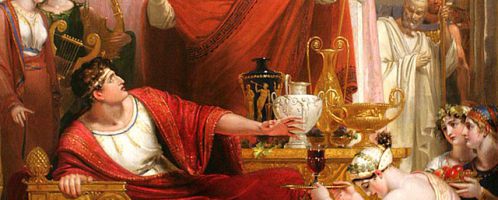Rome – Eternal City full of secrets
Rome, the capital of the ancient empire, is an extraordinary treasure trove of history, full of fascinating stories and secrets. From its mythological beginnings, through the period of expansion and rule of the empire, to its fall and impact on the present day, Rome continues to inspire and amaze.

